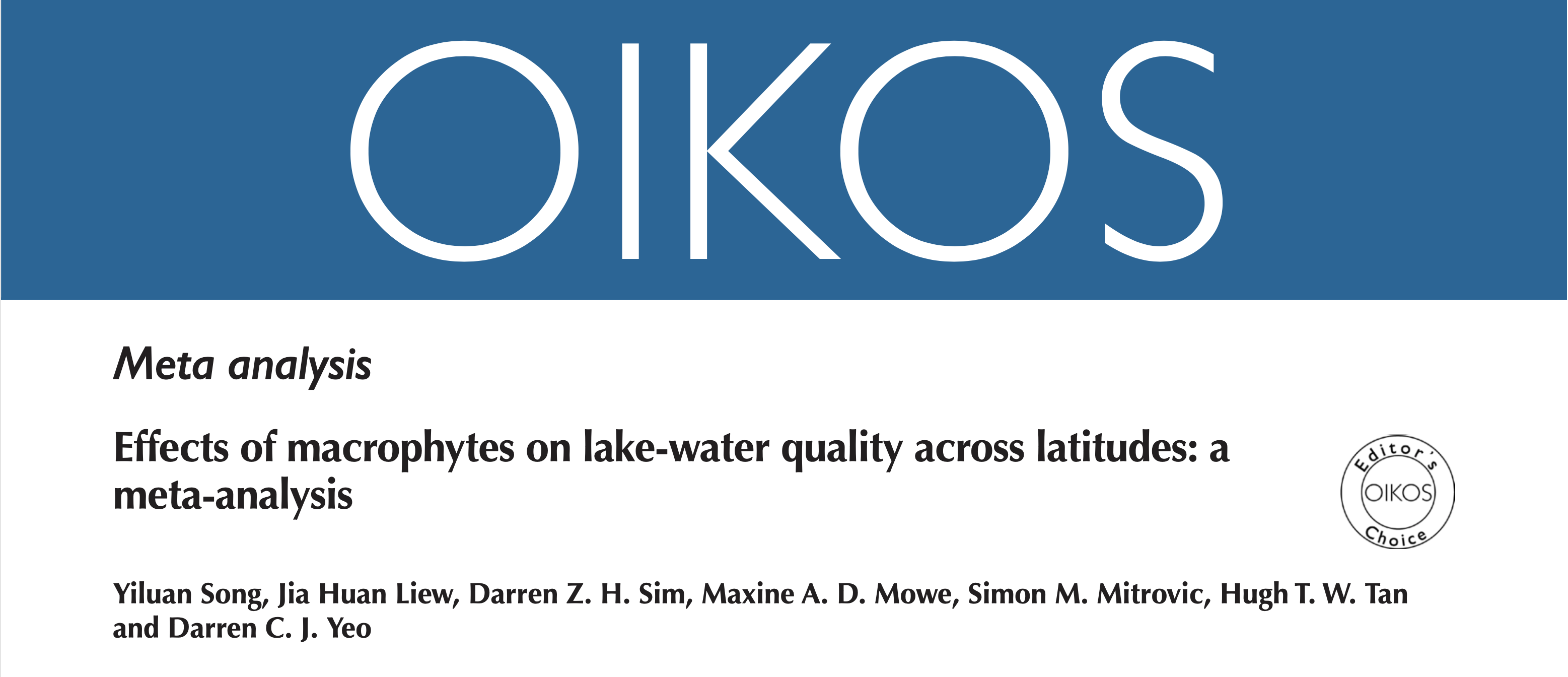Major NSF grant supports research on soil fungi
Major NSF grant supports research on soil fungi Climate change will bring changes to fungi and tree distribution, possibly soil From UC Santa Cruz News September 03, 2019 By Jennifer McNulty Soil fungi are the quiet, underground workhorses of virtually every ecosystem from the tropics to Antarctica. Yet little is known about their prevalence, distribution, or how they might respond to climate change and other ecological disturbances. Kai Zhu, an assistant professor of environmental [...]












